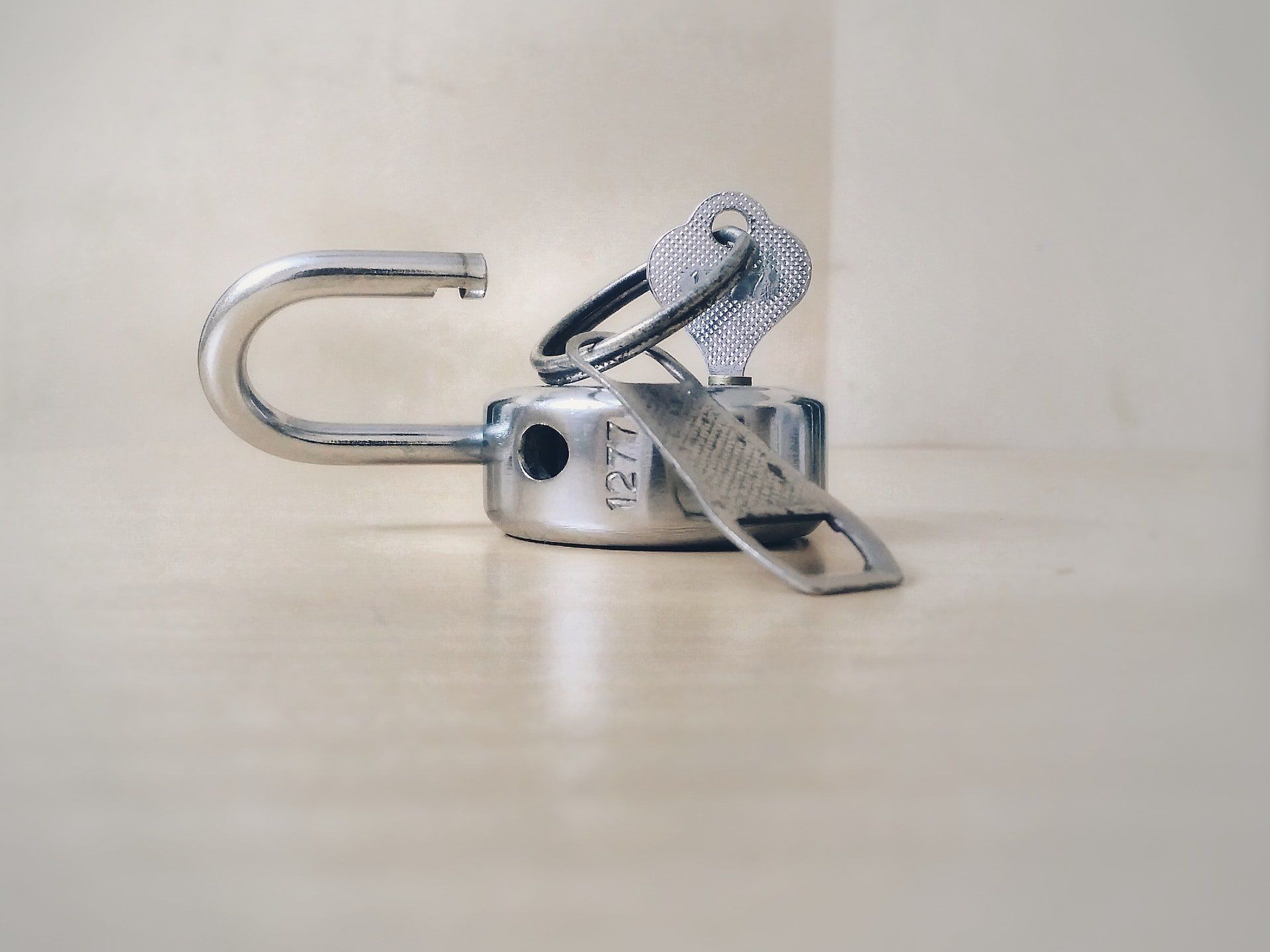Pay Attention!
In The Anatomy of the Soul, Curt Thompson M.D. combines recent developments in neuroscience with a more classical approach to spiritual growth from a distinctively Christian perspective…good stuff.
As I read his work I’m frequently reminded that what he is saying applies powerfully to addiction. A key principle in the book is that what we pay attention to affects our lives. Paying attention is both a voluntary activity (e.g., paying attention to how I drive as opposed to texting while driving) and an automatic, even unconscious, activity (e.g., the startle response that occurs when I look up from fiddling with my phone while driving to see a car coming straight toward me). Paying attention in life has its advantages.
Jon Kabat-Zinn writes about the tendency to operate on “automatic pilot.” This approach to living is the mechanical approach to living that comes from not being fully aware of my surroundings or actions. Living on automatic pilot is illustrated by those sometimes humorous and sometimes frustrating events like mindlessly placing the TV remote in the refrigerator when I go for a quick snack during the commercial. How does the remote end up in the refrigerator? Simple. I wasn’t paying attention to what I was doing…my mind was somewhere else.
Or, more to the point of addictive living, it is the person who mindlessly spends much of the day drifting from one sexual fantasy to another while on automatic pilot. Others become unwilling participants in the addict’s fantasy when the addict sees her and mentally begins undressing the person in his mind. At this point, the addict enters into the addictive cycle, a concept discussed at length by Dr. Patrick Carnes and others.
The addictive system begins with negative core beliefs that lead to impaired thinking patterns such as denial, rationalization, minimalization and other impaired thinking patterns.
This leads into the behavioral portion of the addictive system. Preoccupation is thinking about sex or about being sexual. Fantasy is a key aspect of preoccupation. Ritualization is when the thinking begins turning toward action. We are all creatures of habit. For example, staying up after your partner goes to bed and viewing porn. The Acting Out phase is the culmination of the addictive system. This may be masturbation, hooking up with someone, or some other form of behavior.
The leads to
Remorse, generally marked by guilt and shame.
Paying attention is a skill that can be improved upon and even become an essential element in recovery. I’m reminded of a classic in Christian devotional literature that illustrates this principle powerfully. In, The Practice of the Presence of God, Bro. Lawrence writes about his determination to always dwell inwardly in an awareness of God’s presence. He notes that many times his mind would wander away to other things. Each time he caught himself he would gently return his attention of God.
Two important principles are at work here. One, Bro. Lawrence was gentle with himself. He did not label himself a failure or wallow in guilt for having fallen short of his goal. He “gently” brought himself back to a state of awareness. Second, he made a conscious choice about what he would focus his attention on. He was intentional. Both gentleness with our selves as we develop this skill and determination to choose appropriate things to focus our attention on are important.
Curt Thompson writes, “I tell my patients that one of the most important question they can reflect on is the following: ‘How well am I paying attention to what I am paying attention to?'” (Kindle edition, p. 52). This is no play on words or tongue twister. Thompson is referring to the ability to step outside one’s self…to become an observer of our selves and to become aware of what we are thinking, feeling, and doing. Practitioners of meditation have written about this for years and it is a vitally important skill for healthy living.
Consider these possible benefits from paying attention:
1) The addict is able to catch himself early in the addictive cycle and more effectively turn his attention to something safe and appropriate. This is akin to Arterburn’s principle of bouncing the eyes. As soon as a person realizes they are seeing something as a sexual object they bounce their eyes to something else and don't look back. This relates not only to what we are looking at, but also to what we are thinking, doing, and desiring.
2) Paying attention shuts down the automatic pilot that allows us to mindlessly wander through life with little intention and with numerous negative consequences. Jon Kabat-Zinn lists numerous health benefits, including decreased stress, fewer problems with anger, and better sleep. Who wouldn’t want that?
3) From a brain science perspective, old neural pathways that have been actively engaged around sexual fantasies are powerful within the addict’s mind. These must be replaced because they will not simply go away. The question of how to break a bad habit comes into play here.
How do you break a habit? By establishing a new habit. Choosing to be intentional about what you are paying attention to is one way to establish a healthy habit as opposed to living life on automatic pilot.
4) There is a sense in which we learn a new “language” when we begin to pay attention to our body in a more intentional manner. Thompson makes a strong case for discovering what our body is saying to us. This applies to how emotions feel within our body, or to what God may be saying to us through our body. Have you ever noticed that when you are with certain people you physically feel different? Around some you are more relaxed. Others create a sense of tension. Learning to “listen” to what our bodies are telling us is key to healthy living and to healthy relationships.
5) And lastly, there is the potential for a greater sense of productivity. At the very least, paying attention lessens the likelihood I will loose the TV remote in the refrigerator. (Now where are my glasses….)
Thanks for stopping by.
Tim
Join the Conversation
Recent Posts
NAVIGATION
REACH US
WE ARE ENDORSED BY
All Rights Reserved | Counseling Alliance


